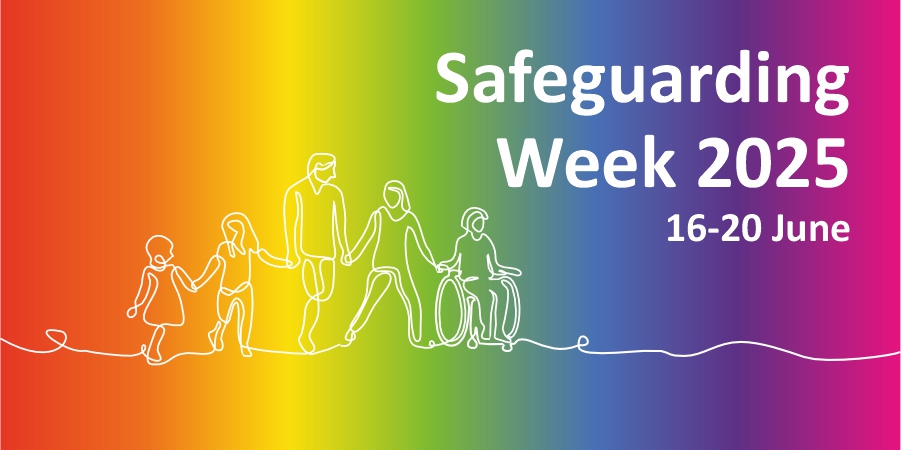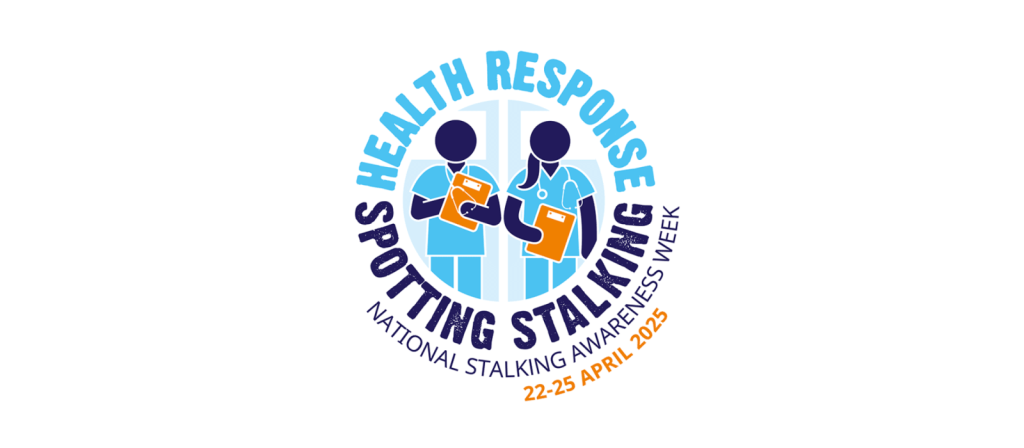How does mental health impact on parenting?
Research indicates that approximately 10%-15% of children in the UK live with a parent who has a mental disorder.
Mental health issues can cause changes / difficulties with the way people think, feel or behave. Parental / carer mental ill health cam, in some circumstances, lead to an inability to look after the child’s physical and emotional wellbeing. This is often for a short temporary period however for some individuals it can be more prolonged.
What are common mental health illnesses and problems?
A mental illness is a clinically diagnosable disorder that interferes with an individual’s cognitive, emotional or social abilities. It is estimated that mental illness will affect 1 in 4 of us at some time in our lives.
Mental health problems are typically less severe and normally shorter in duration than a mental illness.
What are the common mental health conditions?
There are a number of common mental health conditions which can adversely impact on a person’s parental capacity. This include:
- Depression
- Anxiety
- Obsessive Compulsive Disorders
- Bipolar disorder
- Schizophrenia
- Personality Disorders
How can parental mental ill health impact on their parenting capacity and their child/children?
The impact of parental mental ill health can impact children and young people in different ways:
For babies up to 1 year old
- Inability of the parent to respond and nurture
- Lack of warmth
- Negative responses
- Poor attachment
- Inconsistency in parenting
For young children
- Behavioural problems
- Anxiety and withdrawal
- Conduct disorder
- Aggression towards family and/or peers anxiety and withdrawal
For adolescents
- Increased risk of developing a mental health problem
- Behavioural problems
- Conduct disorder
- Depression
- Difficulties at school
- Difficulty with friendships
There is a risk of significant harm to a child or young person if any of the following factors are present:
- Delusional beliefs/ideas involving the child and or risk that child will be harmed as part of a suicide plan
- The child is a target for parental aggression or rejection.
- Co-existing domestic abuse, drug or alcohol abuse.
- There is no other adult that can be depended upon to meet the needs of the child. (Children of lone parents or isolated parents are at greater risk as they are less likely to have an alternative caregiver when a parent is in crisis).
- The child is the parent’s carer and this is impacting on the child’s welfare
What should I do if I have concerns regarding the mental health of a parent and their parenting capacity?
If you have concerns regarding a parent and think they are experiencing Mental Health concerns you should use the PAMIC Tool to support your decision making. You should also consider whether they would benefit from speaking to their doctor and encourage them to do so. A separate safeguarding concern should be raised with Health and Adult Services where there are concerns about an adult safety.
How do I use the PAMIC Tool?
The PAMIC Tool is used to support you when considering the likelihood and severity of the impact of an adult’s parental mental ill health on a child. The tool is intended for use by anyone involved in:
- Providing services to adults who are parents and/or carers
- Providing services to children and young people
This tool should be used when considering how likely and with what severity an adults mental ill health will impact on a child. It involves the practitioner thinking about the nature of risk and also the protective factors for the child so it includes the practitioner’s professional judgement.
It is not intended to replace professional judgement. You need to think about the nature of risk but also the protective factors for the child.
When undertaking an assessment, consideration should always be given to any other current or previous safeguarding concerns.
It is also important to understand if a family are open to other services, specifically whether the parent(s)/adult carer(s) are open to Health and Adult Services or the family is open to the Children and Families Service.
The assessment and any actions taken should be fully recorded along with the resulting outcomes on agency’s/organisation’s recording systems.
How do I raise a safeguarding concern?
Raising a concern regarding a child or young person
You can contact the Customer Service Centre or the Emergency Duties Team outside of office hours (see below for contact details).
Raising a concern or requesting and assessment regarding an adult
You should consider:
- Whether the adult has care and support needs?
- Do they person lack capacity to consent to a concern being raised?
Needs Assessments are for adults (18 years or over) who may need support because of a disability, ill health or old age. To request an assessment please complete the request for assessment form.
If you have a safeguarding concern you may wish seek their consent to raise a concern and identify what outcome they would like from a safeguarding concern being raised.
If the adult has the mental capacity and does not want a concern to be raised this should be respected unless there are justifiable reasons to act contrary to their wishes, such as:
- The person is subject to coercion or undue influence, and are unable to give consent
- There is an overriding public interest
- It is in the person’s vital interests to prevent serious harm or distress or in life-threatening situations
Concerns should be raised via the Customer Service Centre or via the Raising a Concern Form available from:
The Customer Service Centre
The Customer Service Centre is open Monday to Friday 9am – 5pm or the Emergency Duties Team at all other times on 0300 131 2 131
Where can I find more information on Mental Health and PAMIC?
If you want more information on Mental Health and PAMIC Tees Esk and Wear Valleys NHS Foundation Trust has produced a helpful video which can be accessed from:





 View all our news
View all our news